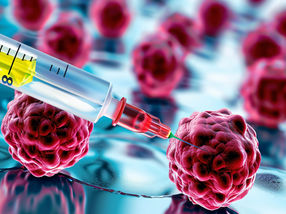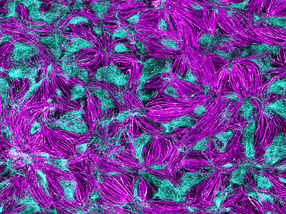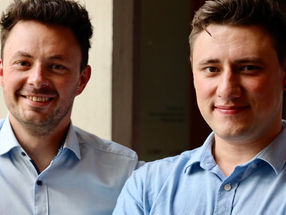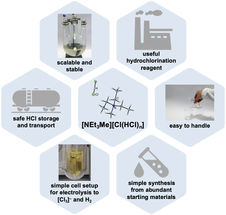Ablynx reports positive Phase I results for its anti-thrombotic nanobody ALX-0081
Ablynx reported the final, positive results from a Phase I study of its lead development programme, ALX-0081. The results of the double-blind, placebo controlled study in 40 healthy male volunteers show that ALX-0081, an anti-thrombotic therapeutic, was safe and well tolerated at all doses tested, with no dose limiting toxicities or serious adverse events.
According to the company, ALX-0081, generated through Ablynx's in-house discovery platform, is a novel "first-in-class" therapeutic Nanobody® targeting von Willebrand Factor (anti-vWF). It is being developed to reduce the risk of thrombosis in patients with acute coronary syndrome (ACS) and thrombotic thrombocytopenic purpura (TTP). Following these positive Phase I results, Ablynx will now progress ALX-0081 to a multi-dose study in 2008.
In the study, treatment with the Nanobody® did not result in detectable immunogenicity. The study suggests that ALX-0081 adopts at least the plasma half-life of the target, von Willebrand Factor. The expected anti-thrombotic activity was shown with a biomarker in all volunteers receiving at least 2 mg of ALX-0081, indicating the high potency of the drug. ALX-0081's pharmacological activity, based on a single injection, started at the lowest dose of 2 mg and reached a maximum duration of 12 hours at a dose of 12 mg.
Edwin Moses, CEO and Chairman said: "We are extremely pleased with these positive safety results and demonstration of the high potential potency of ALX-0081, our first Nanobody® in clinical development. In addition, ALX-0081 has been progressed from discovery to completion of Phase I in just over three years, demonstrating the speed at which our discovery platform can generate a novel therapeutic. Based on these positive data, we are looking forward to initiating our discussions with the regulatory authorities this year and embarking on our next clinical study in 2008 in order to progress programmes in acute coronary syndrome and TTP."
Most read news
Organizations
Other news from the department research and development

Get the life science industry in your inbox
From now on, don't miss a thing: Our newsletter for biotechnology, pharma and life sciences brings you up to date every Tuesday and Thursday. The latest industry news, product highlights and innovations - compact and easy to understand in your inbox. Researched by us so you don't have to.























































